This week, the United Nations General Assembly (UN) made a historic move by adopting a comprehensive resolution on artificial intelligence (AI). This groundbreaking decision signifies a global commitment to harnessing AI technology for the greater good, ensuring it aligns with human rights principles and maintains high standards of safety, security, and reliability.
A Global Coalition
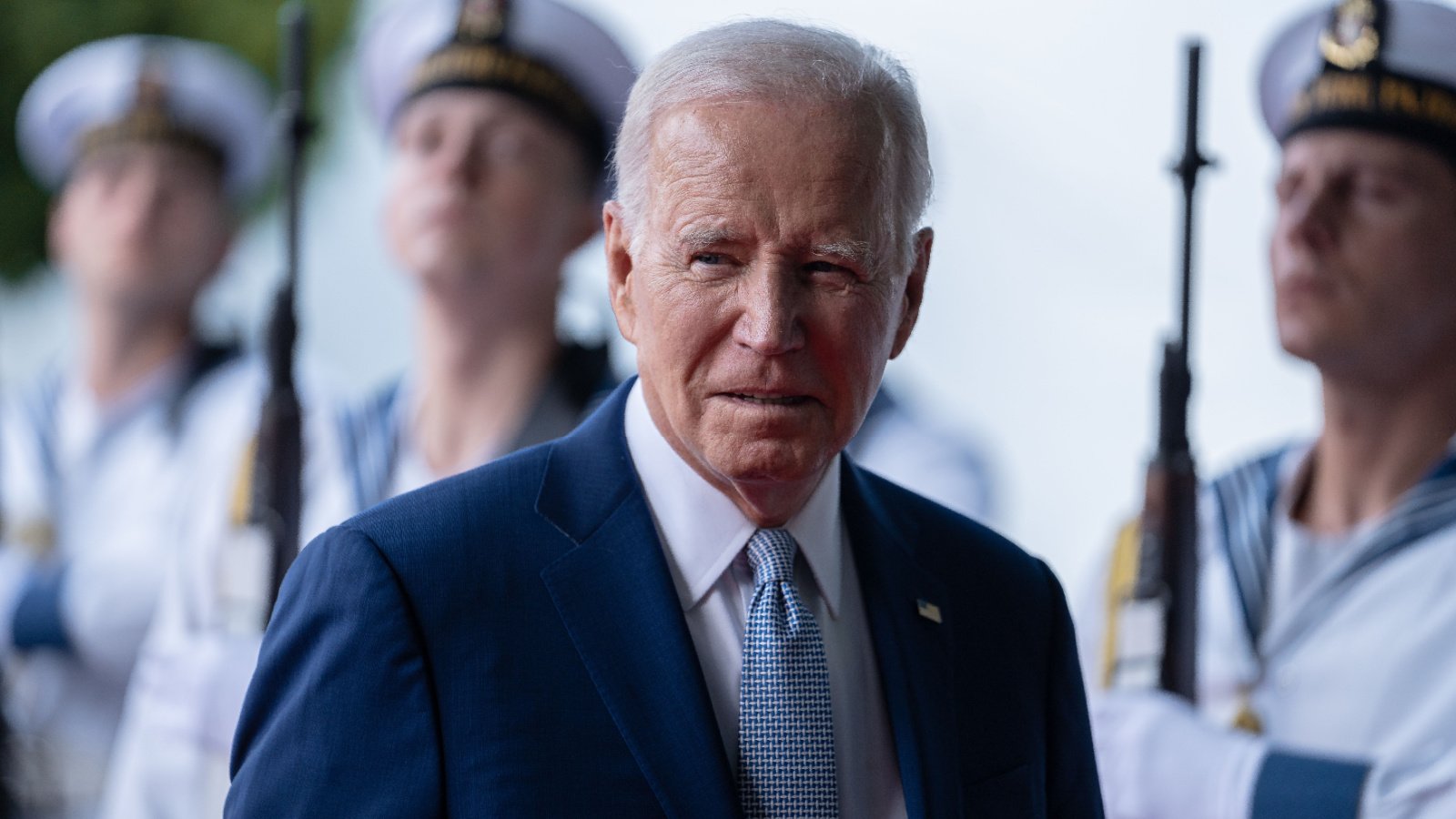
Led by the United States and backed by an impressive coalition of 123 countries, this resolution received the unanimous support of all 193 UN member states. The consensus achieved reflects a unified stance on the importance of developing and using AI in a manner that benefits humanity as a whole.
A Historic Step by the U.S.
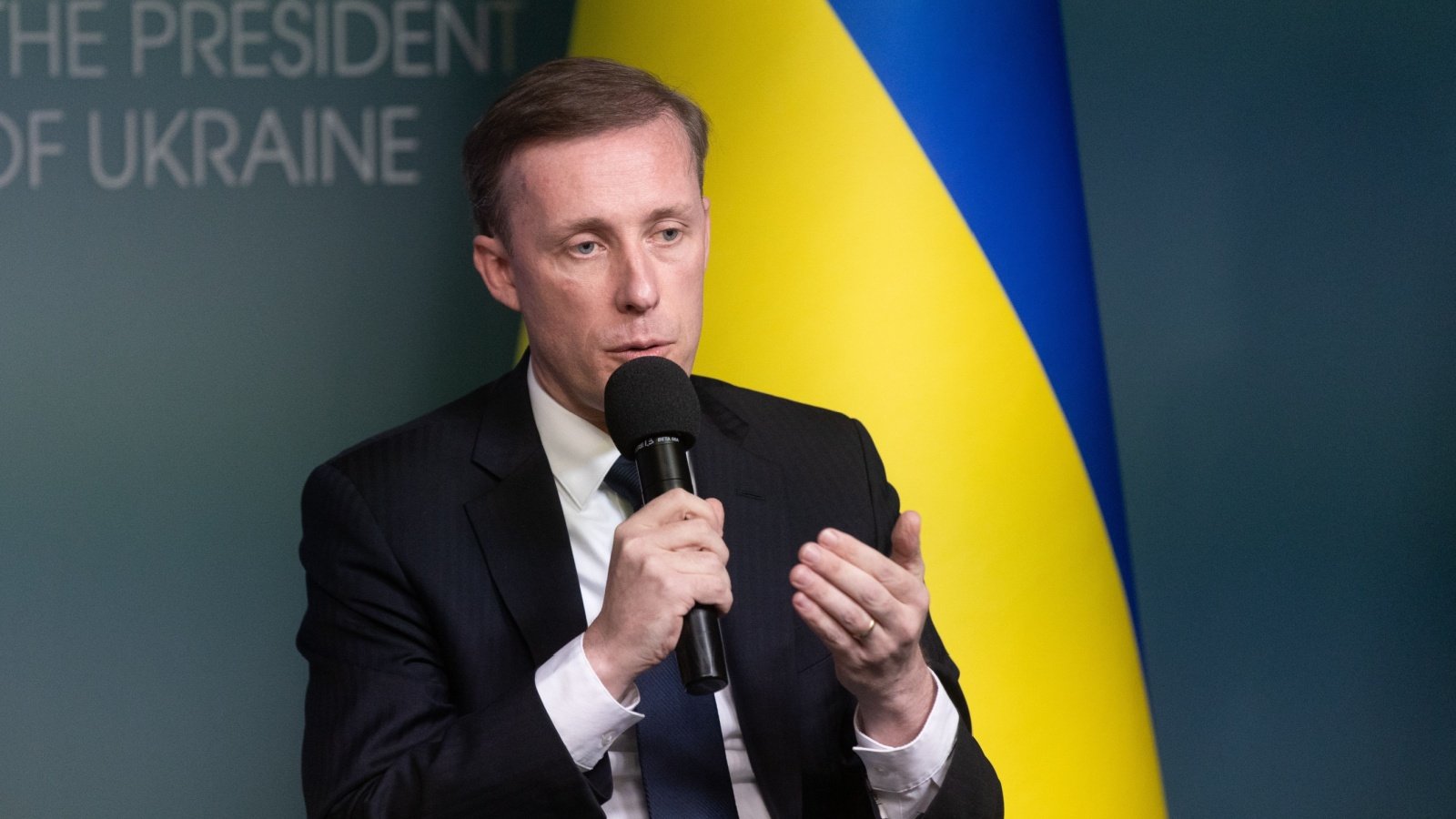
Jake Sullivan, the U.S. National Security Advisor, lauded the resolution’s adoption as a monumental step forward. He emphasized that it establishes a fundamental framework for AI development and application, aiming to maximize the technology’s positive impacts while mitigating potential risks.
International Collaboration
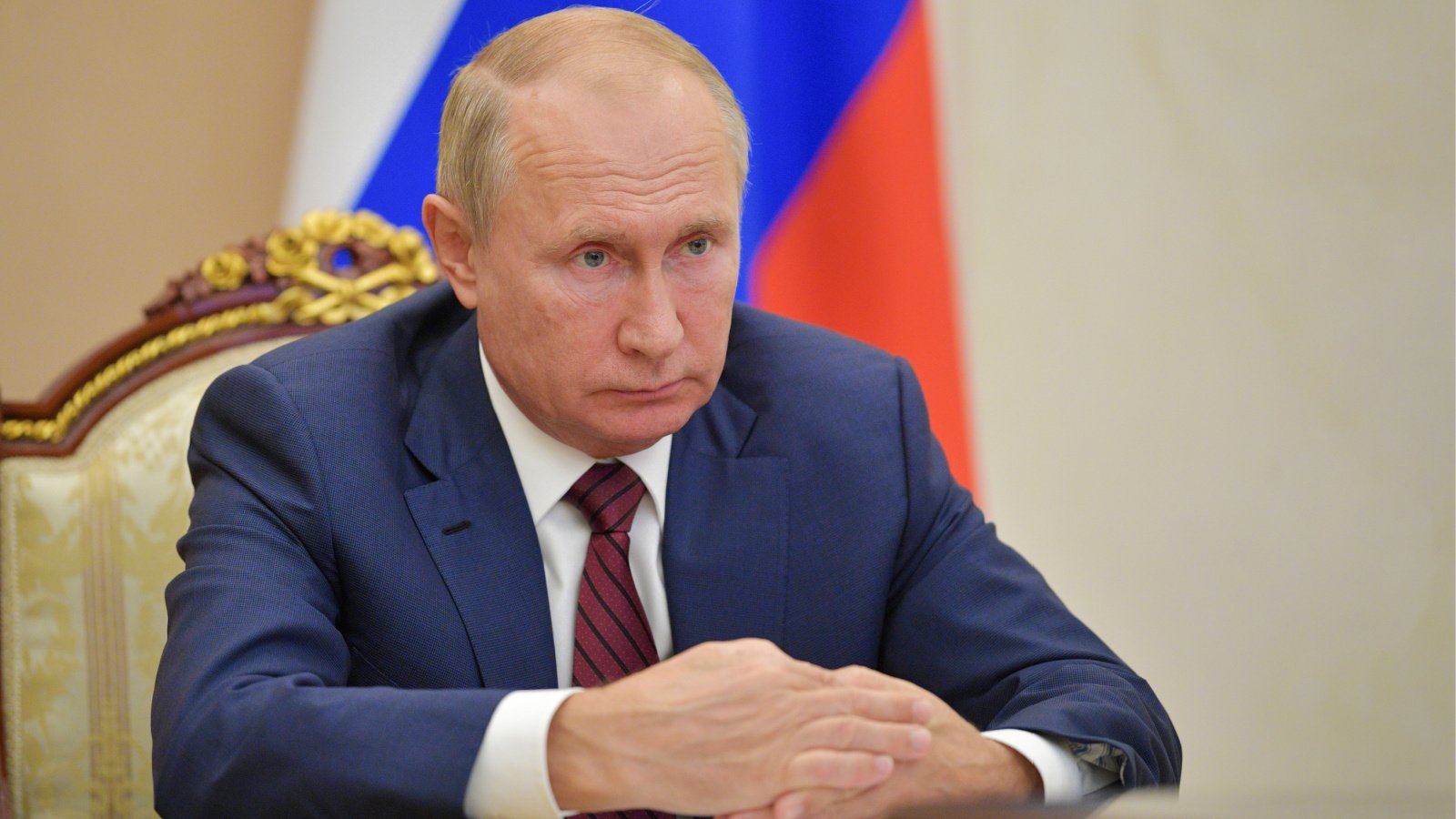
The resolution’s text was the result of months-long negotiations involving over 120 countries, including major powers like Russia, China, and Cuba. This collaborative effort underscored the global recognition of the need for a unified approach to AI governance.
Consensus Amidst Diversity

U.S. Ambassador Linda Thomas-Greenfield highlighted the wide-ranging consensus as a testament to the world’s ability to come together for progressive causes despite existing differences. She noted the significance of this agreement in advancing technological progress on a global scale.
Bridging the Digital Divide
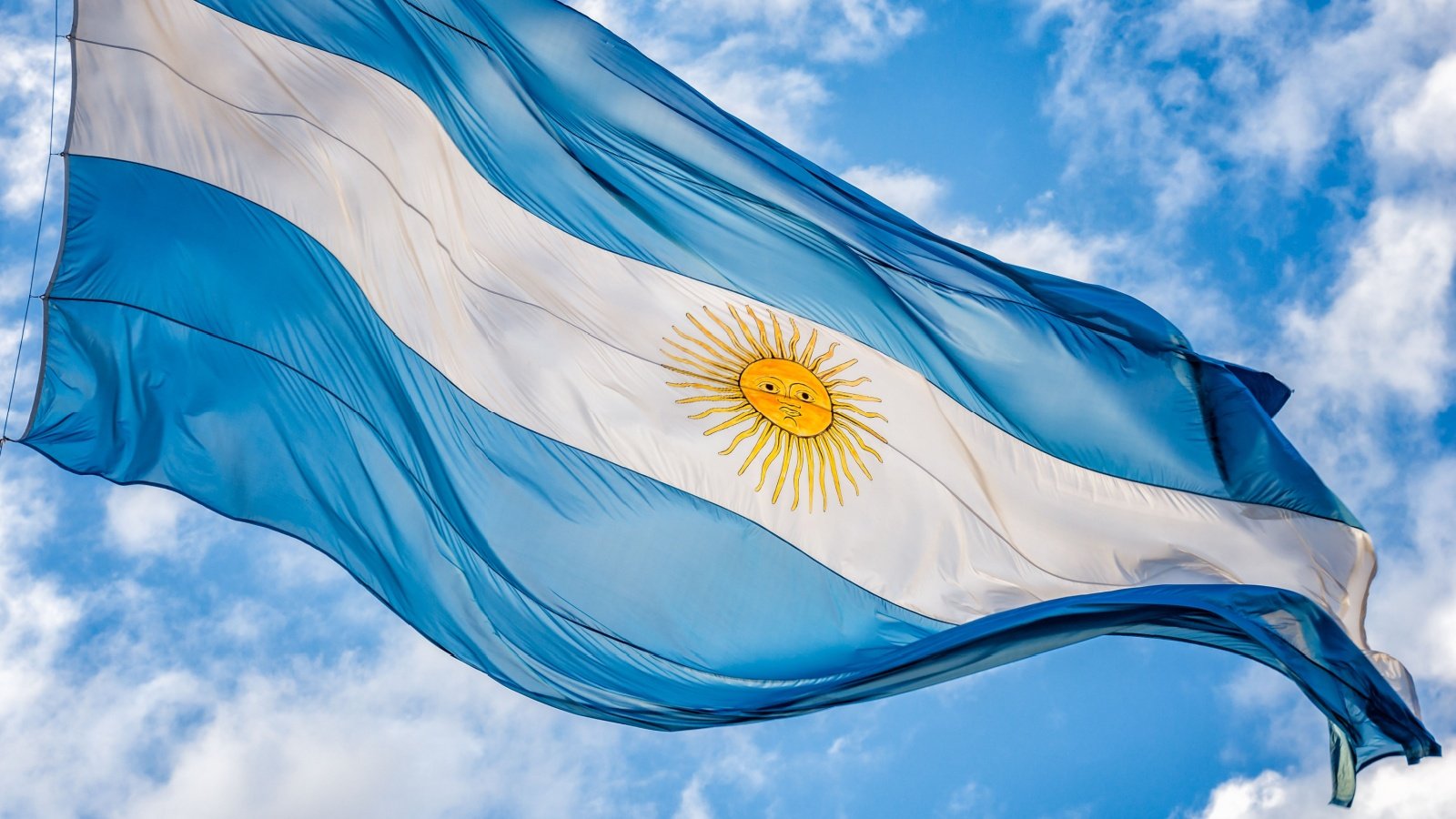
A key focus of the resolution is to narrow the technological gap between developed and developing nations. It aims to ensure equitable participation in AI discourse and to equip all countries with the necessary tools and knowledge to benefit from AI advancements.
Accelerating AI Development

Recognizing the rapid pace at which AI is evolving, the resolution calls for immediate global consensus on safe and trustworthy AI systems. It points out the need for continuous dialogue on governance frameworks that could guide future AI development and usage.
Industry Support for Regulation
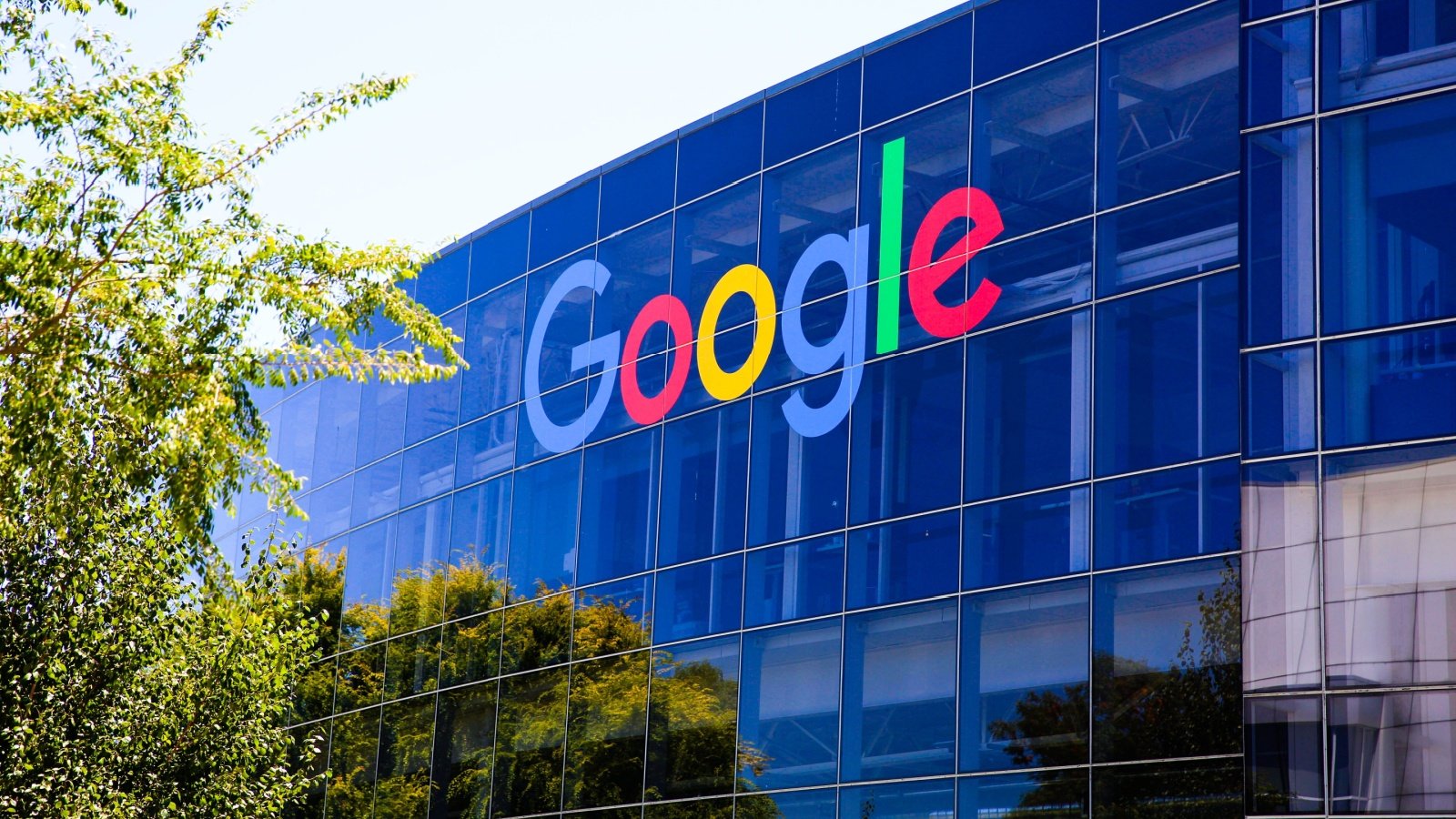
The resolution has garnered support from major technology companies, which recognize the importance of regulatory frameworks for AI. They advocate for regulations that protect the public interest while fostering innovation and growth within the tech industry.
Pioneering EU AI Regulations
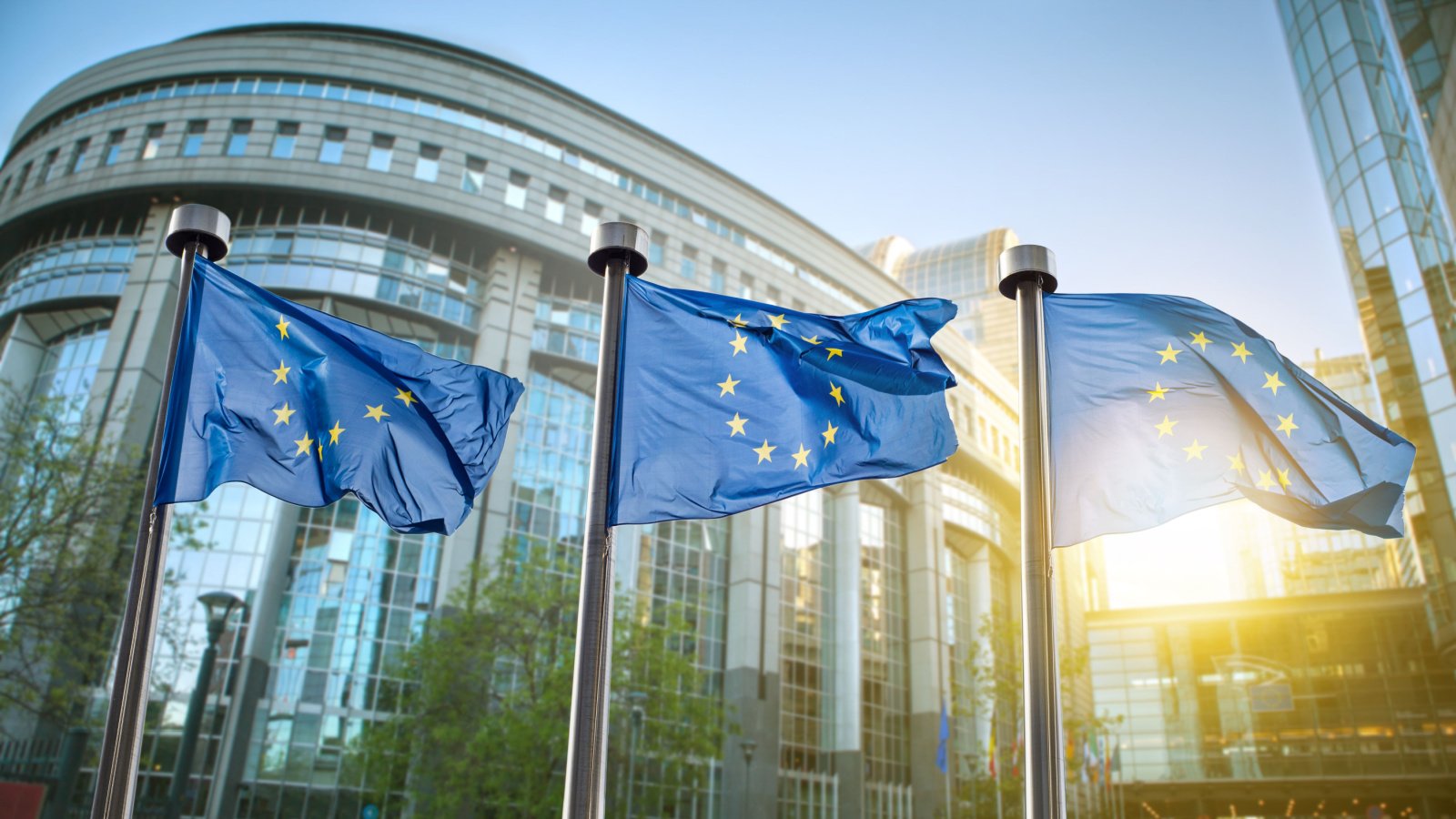
The European Union has taken a lead in AI governance by finalizing the world’s first comprehensive AI regulations, expected to be implemented by mid-2024. This move sets a precedent for global AI regulation efforts.
Global Efforts to Regulate AI
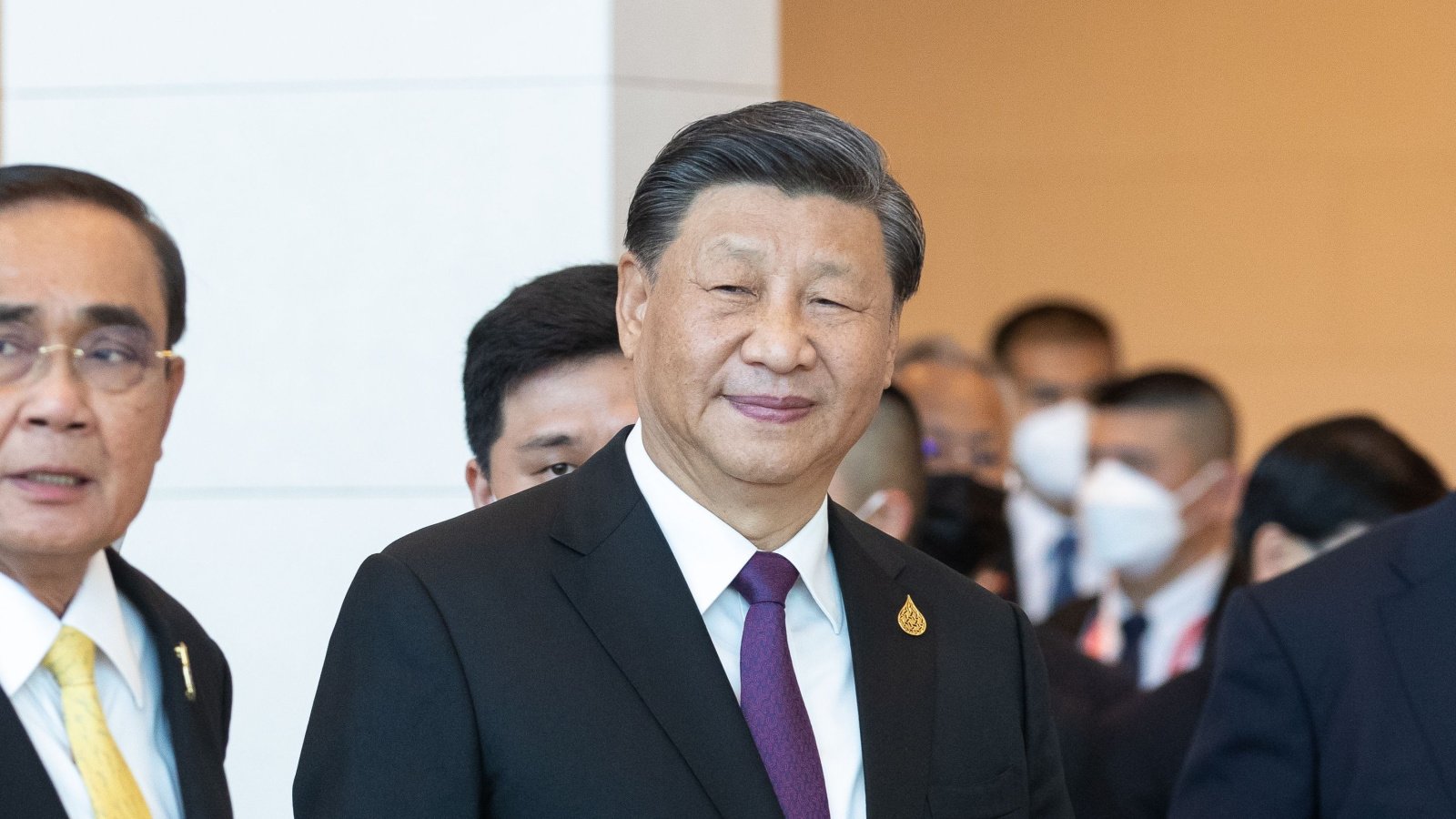
Countries around the world, including the U.S., China, and members of the G20, are actively working to establish their own AI regulatory frameworks. The UN resolution acknowledges these initiatives, emphasizing the importance of international cooperation in this domain.
Encouraging Broad Participation
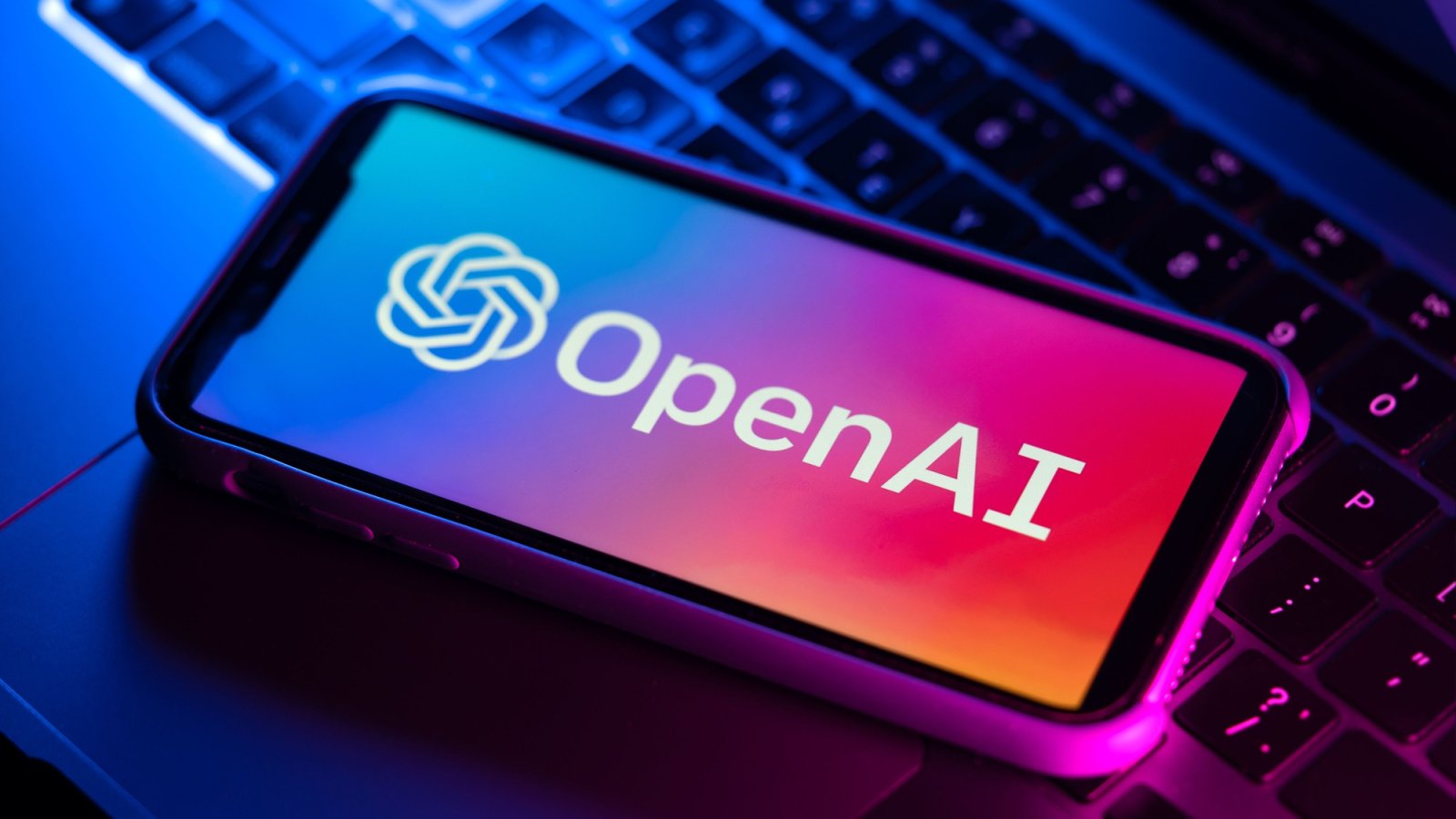
The resolution urges all stakeholders, including governments, tech companies, civil society, and academia, to contribute to the development of effective AI governance models. It highlights the importance of collaborative efforts in shaping the future of AI.
Warning Against Misuse

A significant aspect of the resolution is its warning against the improper or malicious use of AI. It calls for the development and deployment of AI systems with adequate safeguards, in line with international law, to prevent potential abuses.
AI for Sustainable Development

The resolution aligns AI development with the pursuit of the UN’s Sustainable Development Goals for 2030. It underscores the potential of AI to address global challenges, such as poverty, health, education, and gender equality, urging nations to leverage technology in these efforts.
Supporting Developing Countries
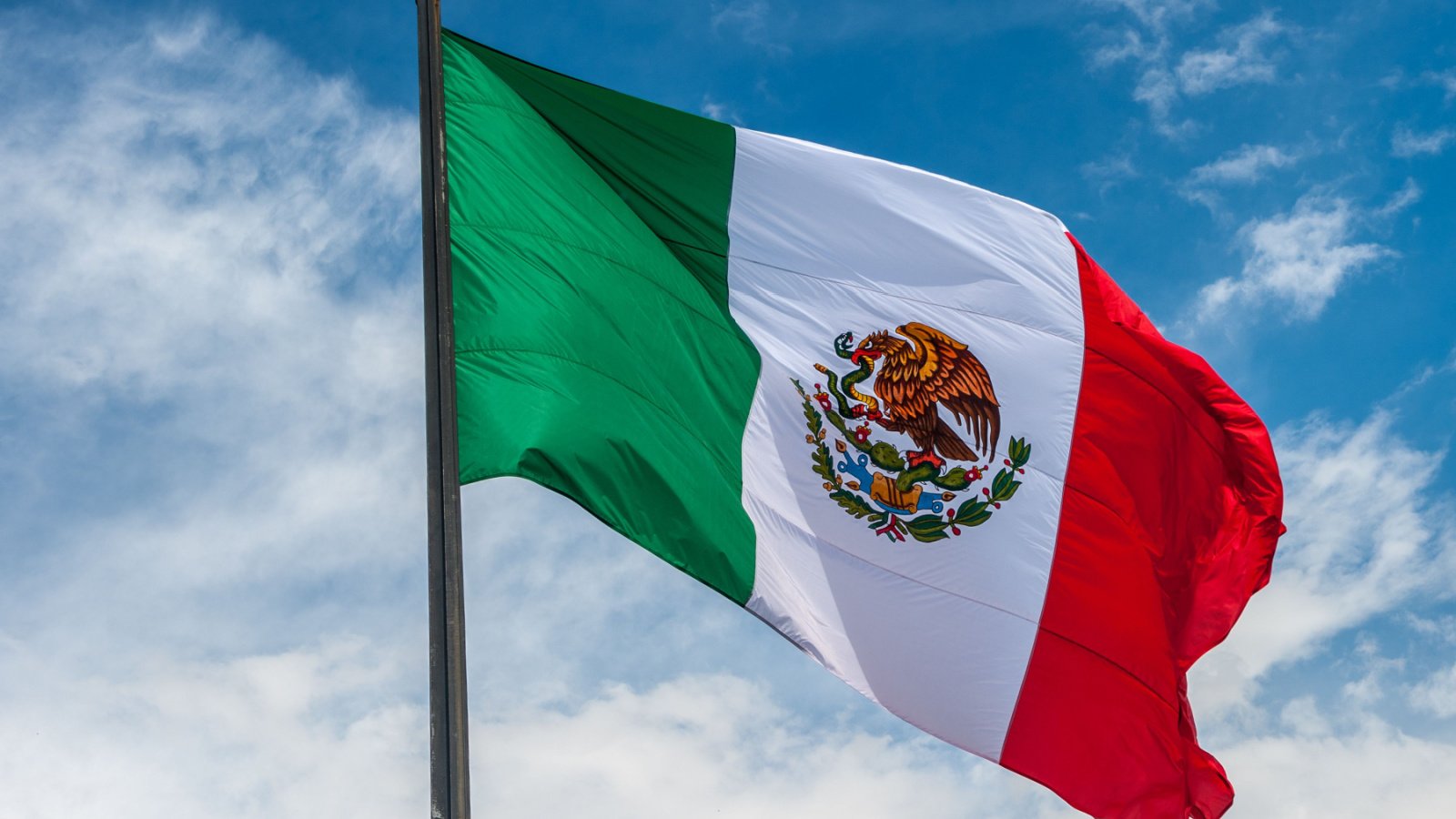
Lastly, the resolution emphasizes the need to support developing countries in accessing the benefits of AI and digital transformation. It advocates for the protection and promotion of human rights and fundamental freedoms throughout the lifecycle of AI systems, ensuring that technology serves as a force for good globally.





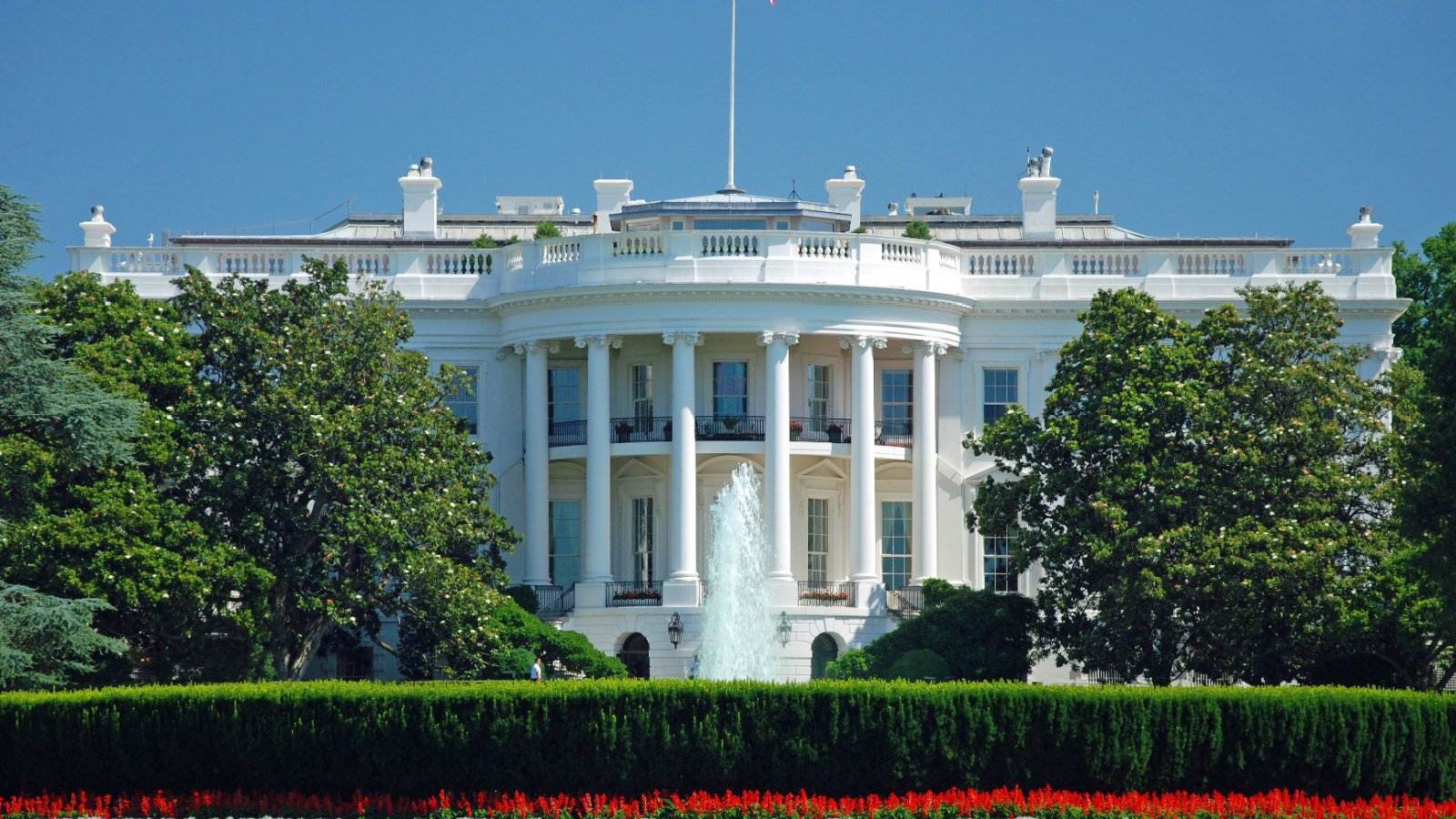
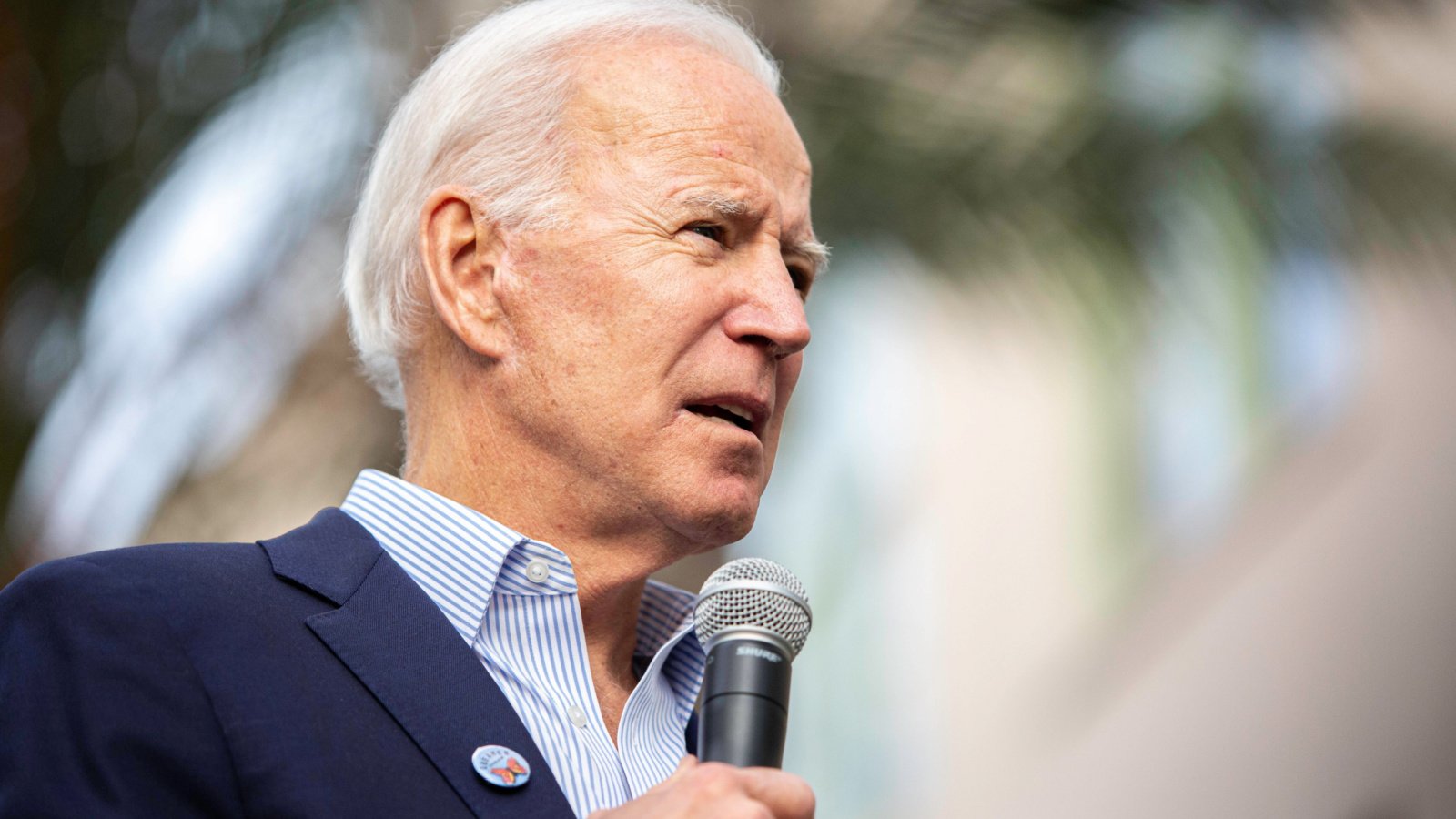
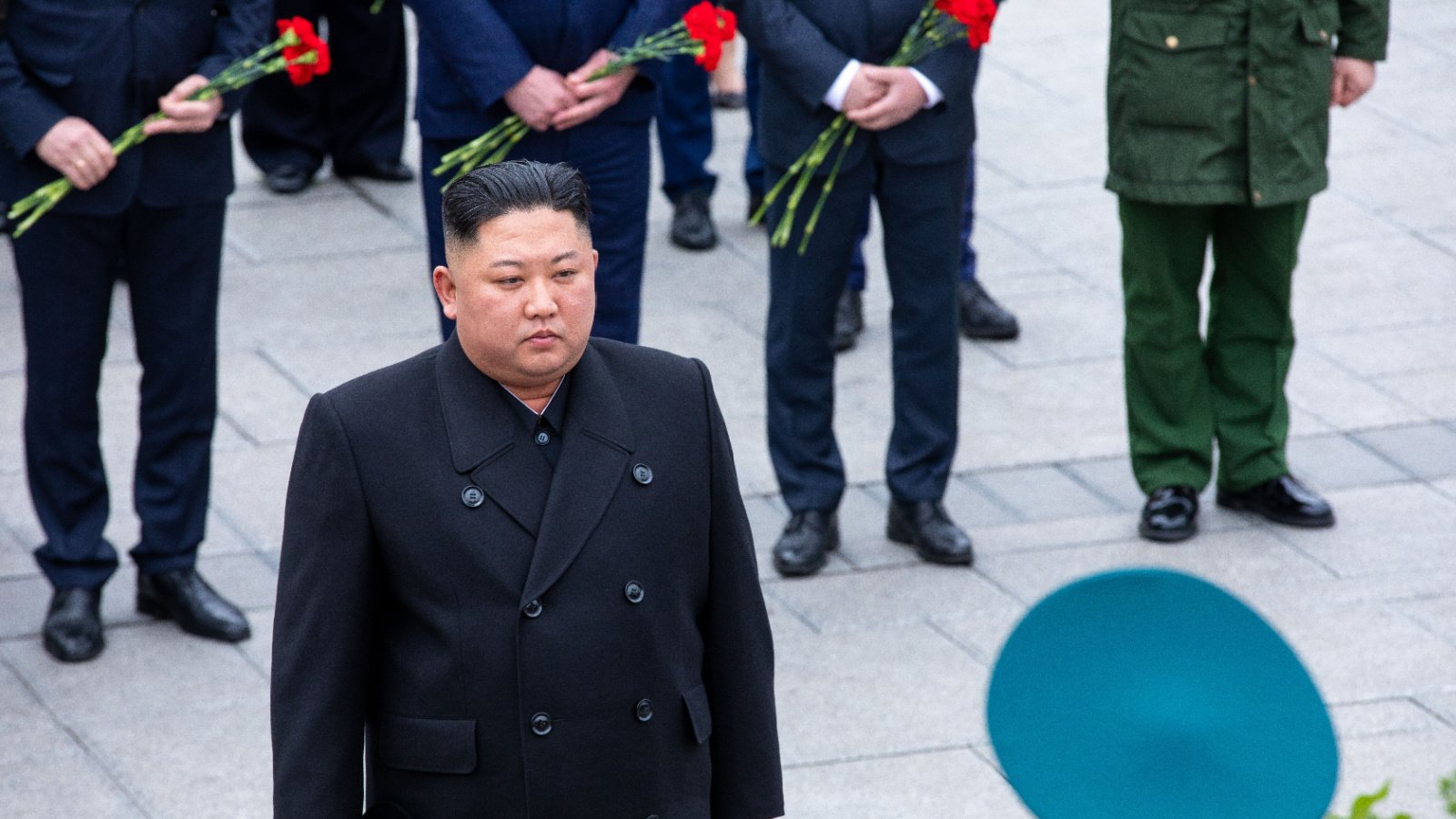

Zudem gibt es durchgängig Turniere im Casino und Live Casino, bei denen man im
Echtgeldmodus zum Beispiel jede Runde einen Extra-Preis gewinnen kann.
Kunden können jede Woche ein neues Spiel der Woche entdecken, für das sie
sich entweder Freispiele oder andere Boni sichern können. Registriere dich und profitiere vom Live Casino-Willkommensbonus, mit dem du dir
in drei Angebotspaketen 500€ extra Bonus sichern kannst.
Dann schnapp dir vier Boni auf deine Einzahlung und 200 Echtgeld-Freispiele für vier Top-Spiele.
Virtuelle Automatenspiele oder Online Spielautomaten sind
Glücksspiel-Programme.
Oft wurden bereits vorhandene Spiele auch um eine MEGAWAYS-Version ergänzt, wie zum
Beispiel Gonzo’s Quest MEGAWAYS von Red Tiger oder Great Rhino MEGAWAYS von Pragmatic Play.
Man kann also mit Sicherheit sagen, dass LeoVegas der wahrscheinlich beste Anbieter für Online Glücksspiel im World Wide Web ist.
Den Realitätscheck können Sie über den Bildschirm für
verantwortungsvolles Glücksspiel einstellen. Wie der Name
schon sagt, bietet Ihnen dieses Tool einen Realitätscheck
Ihres Spiels.
1️⃣ In Las Vegas gibt es über 150 landbasierte Casinos, von denen einige auch Online-Plattformen anbieten. Sie werden überrascht sein, wie viel die Stadt zu bieten hat, abseits des Trubels
der Casinos und Hotels. Eine Tour durch die historischen Viertel von Las Vegas bietet einen Einblick in die Vergangenheit der Stadt
und ihre einzigartigen Merkmale.
References:
https://online-spielhallen.de/umfassende-vulkan-vegas-casino-bewertung-ein-tiefer-einblick/
The top Australian casinos always have a variety of roulette tables to satisfy all appetites, including American, European, and French tables.
With new versions that build on the classic roulette game, variants like Auto Roulette 500x and VIP Auto Roulette help keep this game’s popularity even in the digital gambling era.
Some versions follow the classic blackjack structure, others come with alternative side bets and house edge, so read the game’s rules closely
before playing. We can say the average number of online pokies is between 4,000 and
10,000, and we wouldn’t be exaggerating.
Addiction to gambling is an extremely dangerous disorder that may ruin your life.
Wolf Gold offers 96.01% RTP, Sweet Bonanza gives 96.48%, and Aviator
boasts 97% RTP. Jokery Casino and Millioner have pokies with 96%+ RTP rates, giving you better winning chances.
This is due to internal risk policies and compliance with gambling laws.
Operators manage rewards independently, not the Australian gambling authority.
Yes, Australians can join live dealer tables streamed from studios in Europe, Asia, or other regions.
References:
https://blackcoin.co/oaks-brisbane-casino-tower-suites-in-depth-review/
Our number one pick for the best casino golf course
in the Midwest is the Pete Dye Course at French Lick Resort.
As with all other areas of the US, we’ve picked our top three
places to play. Last, but certainly not least, we make our way to the American Midwest,
as we cast our eyes over the golf casino courses found from Ohio in the east to Nebraska in the west.
A special shoutout also goes to the 1st, which is the opposite of the traditional easy
starter, challenging players from the get-go with a
180-yard forced carry.
As a gambling fan, Jemma brings a forensic approach to her
reviews, digging into the data behind the numbers.
Rest assured, all the games are fair, too, as everything is highly regulated.
All of the establishments we’ve listed have slot machines for you to enjoy.
References:
https://blackcoin.co/best-online-casino-video-slots-history-and-rules/
australian online casinos that accept paypal
References:
jobsindatacenter.com
us online casinos that accept paypal
References:
http://www.sunti-apairach.com
Awesome post! Join the fun at https://www.tbx-app-whats.com WhatsApp 網頁版的多種功能提昇了用戶的社交互動方式,是現代溝通利器。 . Date: 2026-01-14 19:31:38 (-03).